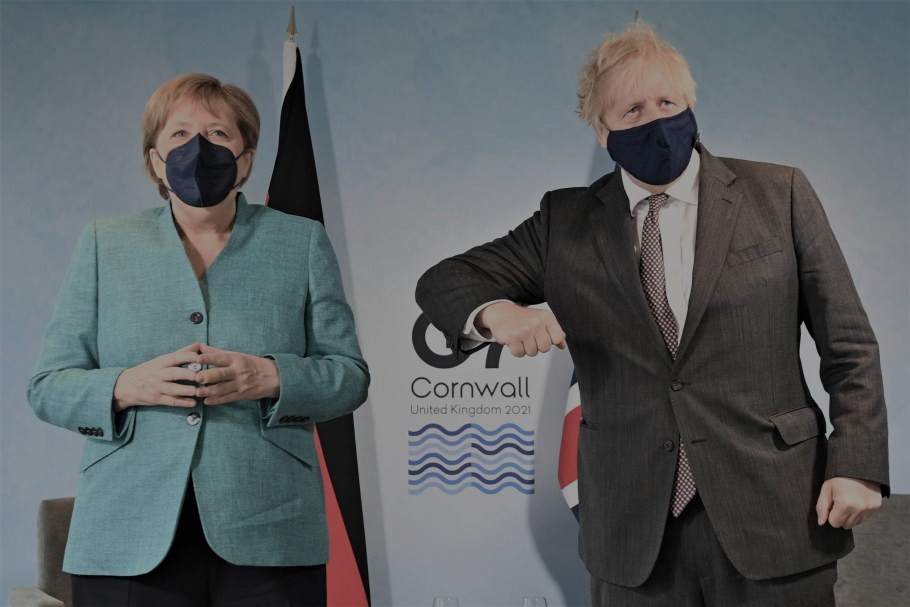The journalist Tom McTague followed the Prime Minister for several weeks in an attempt to understand both his character and political appeal. He concludes that the heart of Johnson’s politics is storytelling; that Johnson has not only grasped how to tell a good story, but the most popular – the one voters want to hear.
“To him, the point of politics – and life – is not to squabble over facts; it’s to offer people a story they can believe in,” McTague observes.
In a sense, this is not new. Every election campaign in history has required a ‘narrative’ that can be communicated to voters: what has gone right or wrong, and what the candidate will do to change it. This has always involved appealing to emotions – pride, hope, anger, despair.
Johnson is also not the first compulsive or inveterate liar to rise to high office. And yet, his storytelling does yield something different. It is not simply that it is false; it is that the truth has no bearing on it, either way. Understanding Johnson’s storytelling is the key to understanding our new politics.
The Story Johnson Wants to Tell
It is not difficult to discern the tale that Johnson is telling. As one aide told McTague: the post-Brexit story is “puffing our chest out and saying ‘we’re Britain’ .” Operationally, this forms two strands:
- An emotional theme of an old power once again finding its feet
- A practical story of ‘Global Britain’ striking trade deals with old partners and extending to its maximum height at world summits.
Both stories are rooted in different forms of delusion: the first nostalgia, the second optics.
In terms of Global Britain, the story being told (or sold) is in direct opposition to what is actually taking place. Far from extending into the world, the UK has slashed its aid budget and erected stifling trade barriers with its largest neighbours. Abroad, the Government talks about tackling corruption, while at home it signs off billions of pounds in contracts to its associates.
These stories are designed to deceive their intended audience – not other world leaders, but the viewers and listeners at home.
Nobody ever asks why we have to be exceptional, or why other governments fail to exert a similar energy and angst about leading the world. This is the story that Britain has made for itself – and our leaders have chosen to narrate it to make us feel better about ourselves.
And yet, as with everything Johnson does, his stories are not really about other people so much as himself. They work for the Prime Minister because they align with his agenda for government: promoting his personal interest and absolving himself of political responsibility.
Shakespeare, Jane Austen and Chekhov endure not because they invented fictional characters and deceive us into thinking that they are real, but because, through the medium of something imagined, they revealed truths about the human experience.
Johnson’s stories are the direct opposite. These are fictions designed not to enlighten but obfuscate; to advance not our happiness but his.
The Prime Minister has instrumentalised us, not as subjects of our own story, but vehicles for his own. His story is not about a great and resilient Britain, but the genius of a cartoon charlatan. In rising to high office, he has successfully pulled off the con of the century – and a population has fallen at his feet.
The approach of both Johnson and Trump fully discards residual facts, decency and shared values.
Nothing matters unless people believe the story – and, as soon as they do, the next one can be even more extreme. This form of storytelling has ceased to have any link with objective reality and seeks ultimately to convince people that objective reality cannot exist.
And this goes further than ‘post-truth’, which relates itself to the truth in order to adapt or deny it. By contrast, this framework neither acknowledges the existence of truth nor needs to. Its real genius is to take no interest in objective fact at all.
The Prime Minister’s words may or may not be demonstrably true and it makes no difference, because he has taken no account of the truth while speaking them.

Comments
No comments yet. Be the first to react!